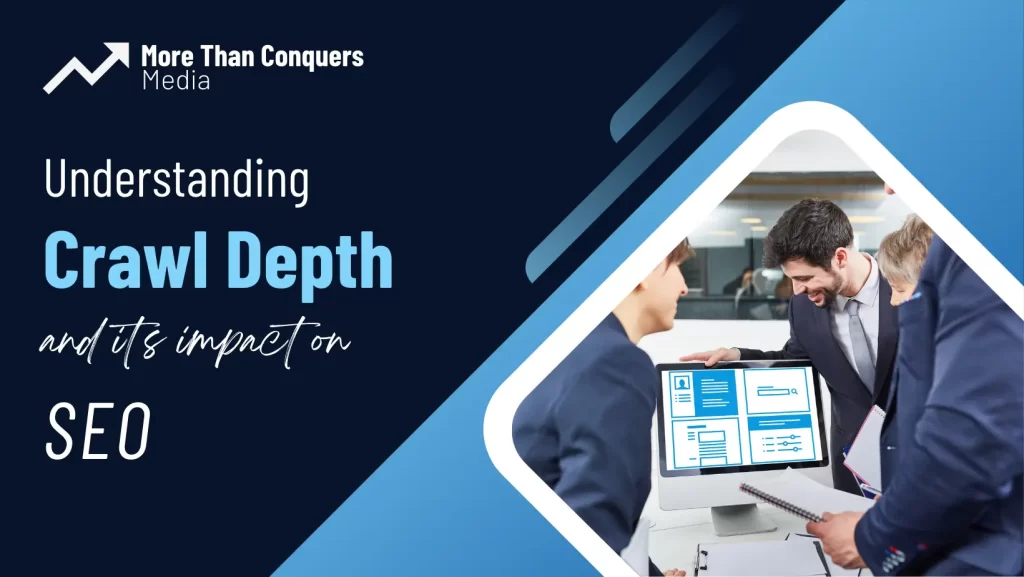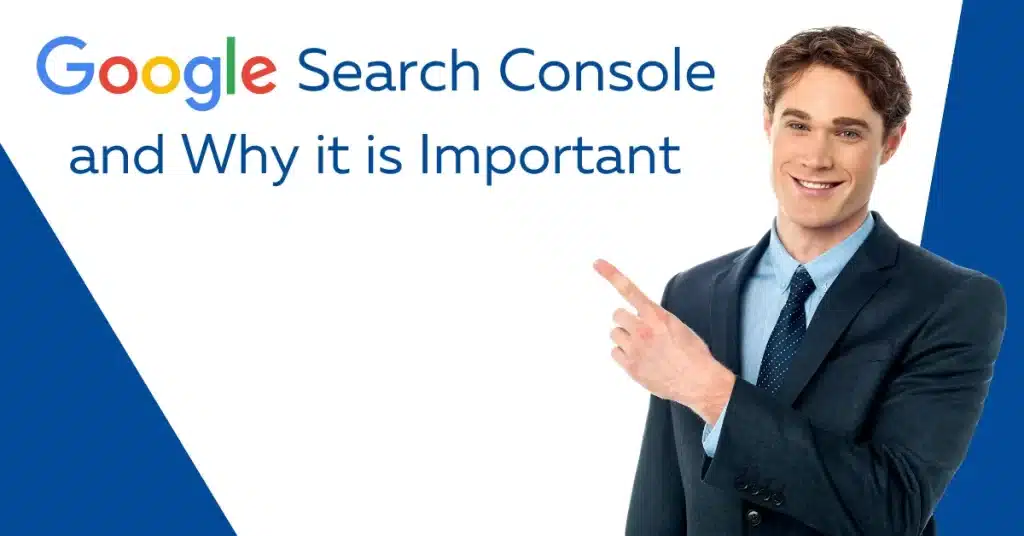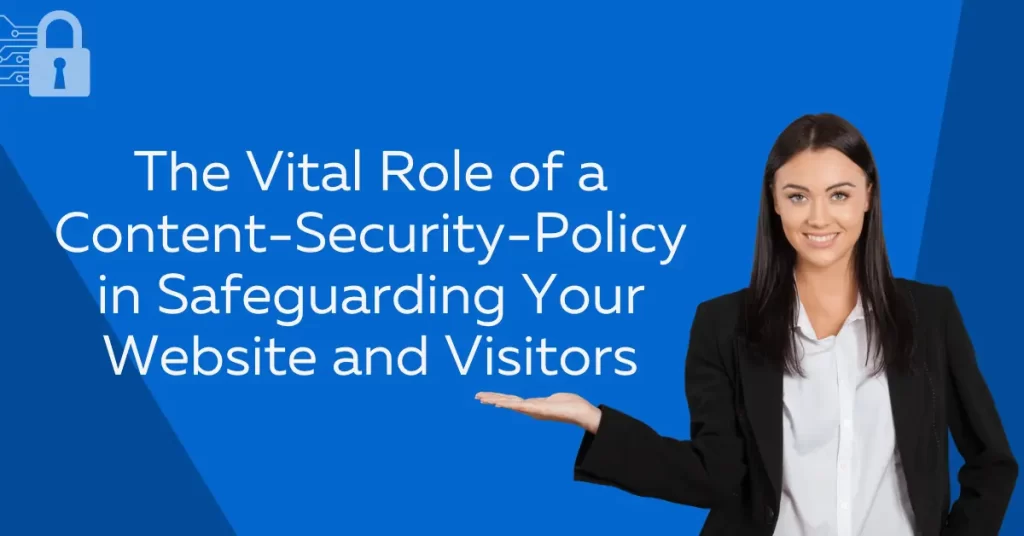It can be a little stressful to consider launching a podcast and making one that people will want to listen to. With over 2 million podcasts already available, how can you be heard above the rest?
Why are certain podcasts better than others?
Let’s think about what makes a good podcast before getting into my list of podcasting advice and methods. As a Podcast Producer, I have found that many do not take the time to roadmap the podcast they wish to create before they start. Many just jump in head first and hope for the best.
A quality podcast should be interesting, consistent, and most importantly, it should consider its listeners. Your listeners are the ones who ultimately consume the stuff you produce while you are producing the podcast, and this means that they must have a good time listening to your podcast.
But don’t be alarmed! My advice will help you establish a podcast that will be interesting and of the highest caliber. For amateurs, seasoned podcasters, and anybody else looking to advance their craft, check out our podcasting advice.
Starting a Podcast in 2022: 15 Tips to have Success
1 | Begin with the question “What?”
How do you determine a decent podcast?
The subject of your podcast is? Don’t create a podcast solely to have a conversation with your pals through a microphone. Knowing precisely what your program is about from the start can keep you grounded and consistent.
One that is well-versed in the fundamentals from the outset, including what it’s about, how to communicate, and why it matters.
2 | Find Your “Why?”
Of course, you should also consider why you are creating the show. A clear plan will help you in determining if your podcast has longevity.
You might want to reconsider this idea if it’s merely to have fun with your buddies or solicit donations. Without a larger aim or purpose in mind, you risk faltering or losing steam soon after starting. Burn-out will lead to the failure of the podcast over time.
3 | Understand Your Target Listener
Next, decide who you will be speaking to by taking a moment (or several). Try to appeal to only a few people; else, you’ll end up appealing to no one. There is a reason why creating buyer personas is so popular among marketers, after all.

Consider the following questions about your ideal listener:
- What is their age?
- What sort of work do they do?
- Where are they from?
- What do they want out of life?
- What are their interests?
You can make content that your target audience will enjoy by having a thorough understanding of who your ideal listener is.
4 | Choose the best structure and Stay With It
Prior to beginning, you should decide on the usual show segments. Planning episodes will be much simpler as a result, and your audience will be aware of what to anticipate from each one.
A typical podcast format is as follows:
- You should introduce yourself, your co-hosts, and any guests at the beginning of the podcast. You’ll let your listeners know what the topic of the episode will be.
- Primary Content the main segment of your program, whether it’s the interview with a special guest, the main monologue or dialogue, or an audio play.
- The episode’s end, or outro. Conclusion, significant insights, and a call to action should all be included (CTA).
5 | Having “That Voice” is NOT Necessary
Many people believe their voices are unsuitable for podcasts. Joining the predominately white-male-dominated world of podcasting might be scary, especially if you’re a woman or a member of another underrepresented group.
Unintentionally or intentionally, a lot of new podcasters employ a different voice when recording than they would in person. Know that you’re not the only one who struggles with the societal implications that your voice’s pitch, upticks, accent, or slang may have.
But regardless of how your voice sounds, you can create a fantastic podcast.
Being genuine is the finest thing podcasters can do. Talk in a conversational tone rather than like a local radio announcer or a stuffy professor giving a dry lecture.
Make careful to compose your podcast script as you would speak in a typical discussion because the script plays a role in that (leave out the big words or flowery sentences).
You’ll also receive a real-time feedback loop if you’re wearing headphones, which you should do at all times. You’ll be able to quickly adjust your speech pace, pitch, and other qualities thanks to this. You will sound more natural as you practice.
6 | Determine the length of your episodes.
Don’t forget to consider your typical episode duration as well. How long are you aiming for? This will be essential as you produce the podcast or have someone produce it for you. Trust me, in the world I work in as a Podcast Producer, it can become too long.
The typical length of a podcast episode varies from 10 to 20 minutes for short episodes to 30 to 45 minutes for medium episodes to an hour or beyond for “long” episodes. You do not want to lose your listener. Remember your podcast is structured for the listener.
If you drag out the conversation just for time purposes, the listener will be able to spot this. If they feel that your show is just using “filler,” the listener will stop listening.
7 | Maintain a Standardized Release Schedule
Decide whether you’ll publish new episodes every day, every week, or every few weeks. Several considerations, including how frequently you can (sustainably) produce new episodes, will determine the best release schedule for you.

Additionally, it depends on the type of program you’re producing; if you’re talking about current events or politics, being relevant is more crucial than if you’re making a fictional audio drama.
Whatever frequency you find most convenient, be consistent with it. To make sure everyone is on the same page, you might want to employ script templates, checklists, and project management tools like Slack.
8 | Get the Correct Equipment for Podcasting
The quality of your podcast is limited if you lack the necessary tools. As a podcast producer, I can see a difference when a show has poorly made equipment. While it is not necessary to spend a fortune on great podcast equipment, a few small upgrades can change the quality of your show.
Anyone I consult with is given the same advice, “Get a good microphone.” The best podcast production software can improve the sound of your show. However, if you use poor-quality podcast equipment, there is only so much that can be done to correct the sound.
The best shows use a quality cardioid microphone. I recommend a heart pattern cardioid microphone for any show that I am the podcast producer. I would steer clear of Unidirectional microphones. If you are recording yourself and a guest at the same time, use two microphones.
Not only will the clarity of the voice be much better, but the production value will be much more efficient.
9 | Choose the Correct Launch Day
Position yourself for success by posting on the day and time that podcast listeners like. According to best practices, it’s typically a good idea to release new episodes of your podcast on Monday, Tuesday, or Wednesday mornings Eastern Standard Time (EST).
Myself, I have had more success producing shows that launch on Wednesdays. This has been, of course, through several trials and errors. I have found that shows that initially launched on Saturdays have had less success.
While you can change this day, later on, your listener base will look for consistency when you launch a new episode. Setting a consistent day in the beginning, will save you time and headache as the show grows.
10 | Monetize by Selling Ads
Once your podcast begins to grow, you should look to monetize by selling ads. Your commercials should be placed in between the various episodes. Most podcasters typically include a mix of:
Pre-roll advertisements, Mid-roll advertisements, and Post-roll advertisements are placed between the intro and the main content, the middle of the main material, and the outro.

You most likely won’t have any sponsorship agreements when you first start. But as you increase your subscriber base, start contacting possible sponsors. In the beginning, I recommend using a resource like Podcorn.
11 | Use Riverside.fm for High-Quality Recording
Additionally, it’s not just about the gear. The most important podcast recording advice I can give is to always choose high-quality audio and visuals! Most want to use Zoom for recording. In my experience, Zoom has not always been the best when recording audio for podcasts. Any client that I have who wants to record remote interviews is suggested to use Riverside. You can check out Riverside here and start your account today!
You need recording software that is designed to produce the greatest results since listeners can identify the difference between low-quality recordings and high-quality recordings.
To avoid relying on your internet connection, look for high-quality recording software (like Riverside.fm) that is simple to use, records in lossless WAV audio and 4K video files, and stores each file locally to each participant’s device.
12 | Invite Guest Your Listeners Will Love
How many times have you tuned into a podcast, and you can sense the host is not interested in the guest? Your podcast producer can sense this also if you are starting a podcast in 2022.
You should choose guests you’re actually enthusiastic to speak with if you’re recording an interview podcast. Don’t choose guests merely because they contacted you or had a strong resume; if you weren’t interested in them, it will probably come over in the recording.
Our podcast interview tip is that you need to have your heart in the talk for it to be the most lively and entertaining.
Start your hunt for relevant and engaging guests by reading up on other podcasts in your field. Who have they spoken with? (Of course, take consideration in asking different questions if you invite someone who has already been featured on a similar podcast.)
If you have trouble finding guests to be on your podcast, social media, in-person networking, and guest directories like PodcastGuests.com are other resources for finding guests.
13 | Batch Recording is a Win!
Another effective podcasting advice is to batch your recordings. Not only will this allow you to focus on other aspects of your show, but your family will thank you. As a podcast producer, I have found shows that batch records are much easier to schedule and flow better with a busy schedule.
You can save time, work more effectively, and avoid missing a specified release date by batch recording podcasts. Plan out your next episodes, then record and edit them all at once.
Of course, you can’t record in advance if you discuss the news or current events. However, you can record numerous episodes at once if your content is timeless.
When done correctly, batch recording can allow you to produce enough content in a single day to last an entire month.
14 | Distinctly Brand Your Podcast
Investing the time and energy to give your podcast a unique brand will increase its chances of success.
Simply put, branding your podcast is the process of giving it a unique image. You achieve this by evoking in your audience a specific set of feelings, memories, and connections that they naturally link with your event.
Your brand is how your target market perceives you, and whether you design it or not, they will.

Therefore, you have more control over how your audience views your event if you are proactive about designing your brand. You’re also more likely to develop a fan base that is continually devoted to you.
Think about your goals, general vision, and target audience for a moment.
15 | Have Fun in Starting Your Podcast in 2022
We all want to enjoy what we do for work or hobby. You obviously have decided to dedicate your time to launching a successful podcast in 2022. Why not have fun while doing so?
Sure, it is work, but why not have fun while working. I enjoy the work that I do as a podcast producer. I can also detect when those I produce for do not enjoy what they are doing. If you are not finding the fun in the content you create, your listener base will not either.
A podcast can be informative, educational, and even lighthearted. Remember to have fun, and the growth of the show will take care of itself. It will take work and time, but when you have fun doing something, it takes the heavy lifting of “work” out of the podcast production process.



